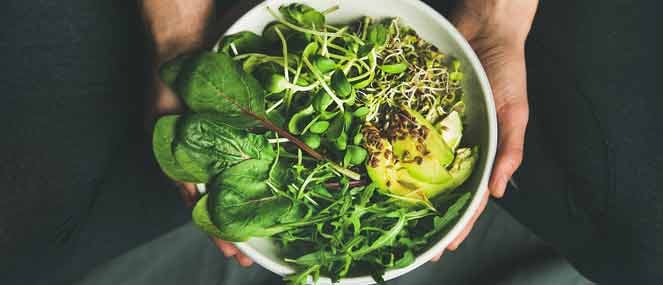
- Health hub/
- Arthritis, joint, bone & muscle/
- What are some beneficial foods for gout?


Gout is a type of arthritis characterised by recurrent and very painful attacks of swelling in the joints. Gout occurs due to a build up of uric acid in the blood with deposits of uric acid crystals in the joints.
Cherries
An absolute ‘must eat’ food for a gout sufferer is cherries. The first documented use of cherries for the relief of gout dates back to the 1950’s. Dr Ludwig Blaux, himself suffered gout, and found that when he ate cherries his symptoms were decreased. This led him to conduct a small study to confirm his initial findings.How do they help? Cherries are rich in anthocyanins, antioxidants with anti-inflammatory properties. There is also some evidence to suggest that the consumption of about 45 cherries cherries can help to decrease uric acid levels.
Eat your greens
Green vegetables such as broccoli, green capsicum, snow peas and brussel sprouts may be of benefit in cases of gout as they are rich sources of vitamin C.A 20 year prospective study investigated the association between vitamin C intake and the risk of gout in men. The study involving over 46,000 participants found that a higher intake of vitamin C is independently associated with a lower risk of gout. It is thought that vitamin C can help to decrease uric acid levels by increasing its excretion by the kidneys and its antioxidant properties may also help to decrease inflammation.
To find out more about the study listen to the gout and vitamin C podcast in our learning centre here.
Pineapple
With pain and inflammation being characteristic of a gout attack, including foods with anti-inflammatory properties may be of benefit if you suffer from gout. And this is where pineapple, eaten as part of a healthy diet, comes in.Pineapple contains bromelain, a proteolytic enzyme that is thought to have an anti-inflammatory action. This action comes from bromelain inhibiting bradykinin, a substance produced in the body that increases blood flow and the permeability of small blood vessels (which may lead to swelling and cause pain.)
Celery seed
Celery seed has a long traditional use for the relief of arthritic conditions, in particular gout. Celery seeds contain volatile oils and flavonoids that are responsible for its therapeutic actions- including as a diuretic and anti-inflammatory.Celery seeds are thought to increase the elimination of uric acid and it is this, combined with its anti-inflammatory properties that may make it of benefit to the gout sufferer. Celery seeds can be prepared and drunk as a tea.
References available upon request




